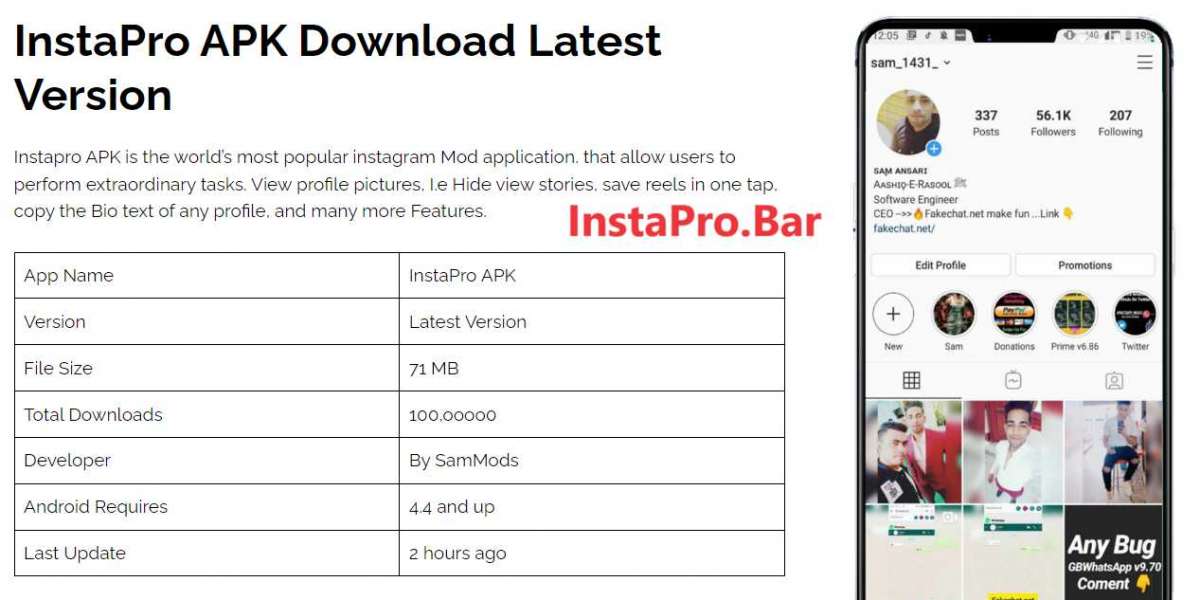Navigating data privacy regulations, such as GDPR, in Dubai's digital marketing space is crucial for businesses operating in the region. As a website design agency Dubai, it's essential to prioritize compliance to build trust with clients and users.
Understanding GDPR Compliance:
GDPR (General Data Protection Regulation) is a European Union regulation, but its impact extends globally. It applies to businesses that process personal data of EU residents, regardless of the business's location. Dubai-based agencies should be aware that if they handle data from EU citizens, GDPR compliance is mandatory.
Explicit Consent:
Obtain explicit consent from users before collecting and processing their personal data. This includes information gathered through website forms, analytics tools, or any other means. Clearly explain why you need the data and how it will be used.
Transparency in Data Processing:
Be transparent about your data processing activities. Clearly communicate your privacy policies on your website, specifying the types of data collected, the purposes for which it is processed, and how long it will be retained.
Data Security Measures:
Implement robust security measures to protect user data. Dubai businesses should invest in secure hosting, encrypted communication channels, and regularly update security protocols to mitigate potential breaches.
Cookie Compliance:
Ensure compliance with cookie regulations. Inform users about the use of cookies, provide an option to opt-out, and obtain consent before placing non-essential cookies.
Data Retention Policies:
Establish clear data retention policies and adhere to them. Avoid retaining personal data longer than necessary, and regularly review and delete obsolete information.
Third-Party Data Processors:
If using third-party services for analytics, SEO tools, or any other data processing, ensure that these providers comply with GDPR and other relevant data protection regulations. Clearly state these arrangements in your privacy policy.
Employee Training:
Train your team on data protection practices and GDPR compliance. Ensure that everyone handling personal data understands the importance of privacy and follows best practices.
Audit and Assess Compliance:
Conduct regular audits to assess your GDPR compliance. This includes reviewing data processing activities, updating privacy policies, and ensuring that your practices align with the latest regulatory requirements.
Local Regulations:
Stay informed about local data protection laws and regulations in the UAE. While GDPR is crucial for EU data, understanding and complying with local laws is equally important for a comprehensive data privacy strategy.
In summary, prioritizing data privacy and compliance in Dubai's digital marketing space is essential for the success and credibility of your website design agency and SEO experts Dubai. It builds trust with clients and users, enhances your reputation, and ensures a smooth and ethical operation in the evolving landscape of data protection.






